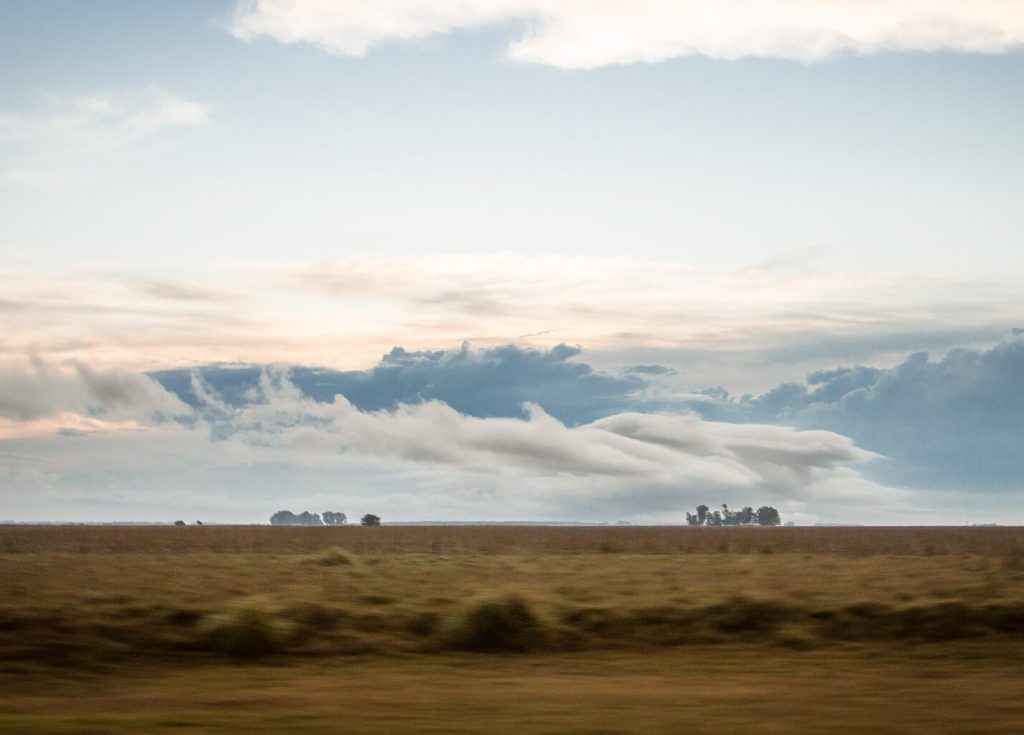New interactive soil mapping tools have demonstrated that Nuseed Carinata, a new cover crop feedstock, ideal for low-carbon fuel and high protein meal for animal feed, as well as improving soil health, is being grown exactly where it is needed most in Argentina.
Northeast Argentina has been found to have the highest level of soil carbon reduction (shown in red on the map below). Luckily Nuseed Carinata is now being grown on tens of thousands of hectares in the region. The crop has the potential to remove carbon dioxide from the atmosphere by sequestering it into the soil, therefore improving soil health.
“The majority of our contracted hectares are exactly where the mapping tool shows that over the past two decades there has been the most soil carbon loss. Nuseed Carinata, with its huge biomass above and below ground, is excellent at removing carbon from the air and putting it in the soil where it is badly needed to restore soil carbon and soil health,” says Glenn Johnston, Nuseed Global Regulatory Carinata.
“The independent map helps us target the areas that can most benefit from growing Nuseed Carinata as a cover crop to replenish soil carbon,” adds Johnston.

The recently released interactive map from www.soilsrevealed.org helps policymakers, NGOs, researchers and land managers visualize ongoing soil carbon losses. Based on available soil data, environmental information and computer simulations over time, projections for coming decades are based on scenarios issued by the Intergovernmental Panel on Climate Change (IPCC).
The platform provides a novel and dynamic way of displaying and comparing areas with greatest potential to increase soil organic carbon and advance food security, soil health and climate action. The online mapping project involves collaboration between the following partners: The Nature Conservancy, Cornell University, ISRIC, Woodwell Climate Research Center.

